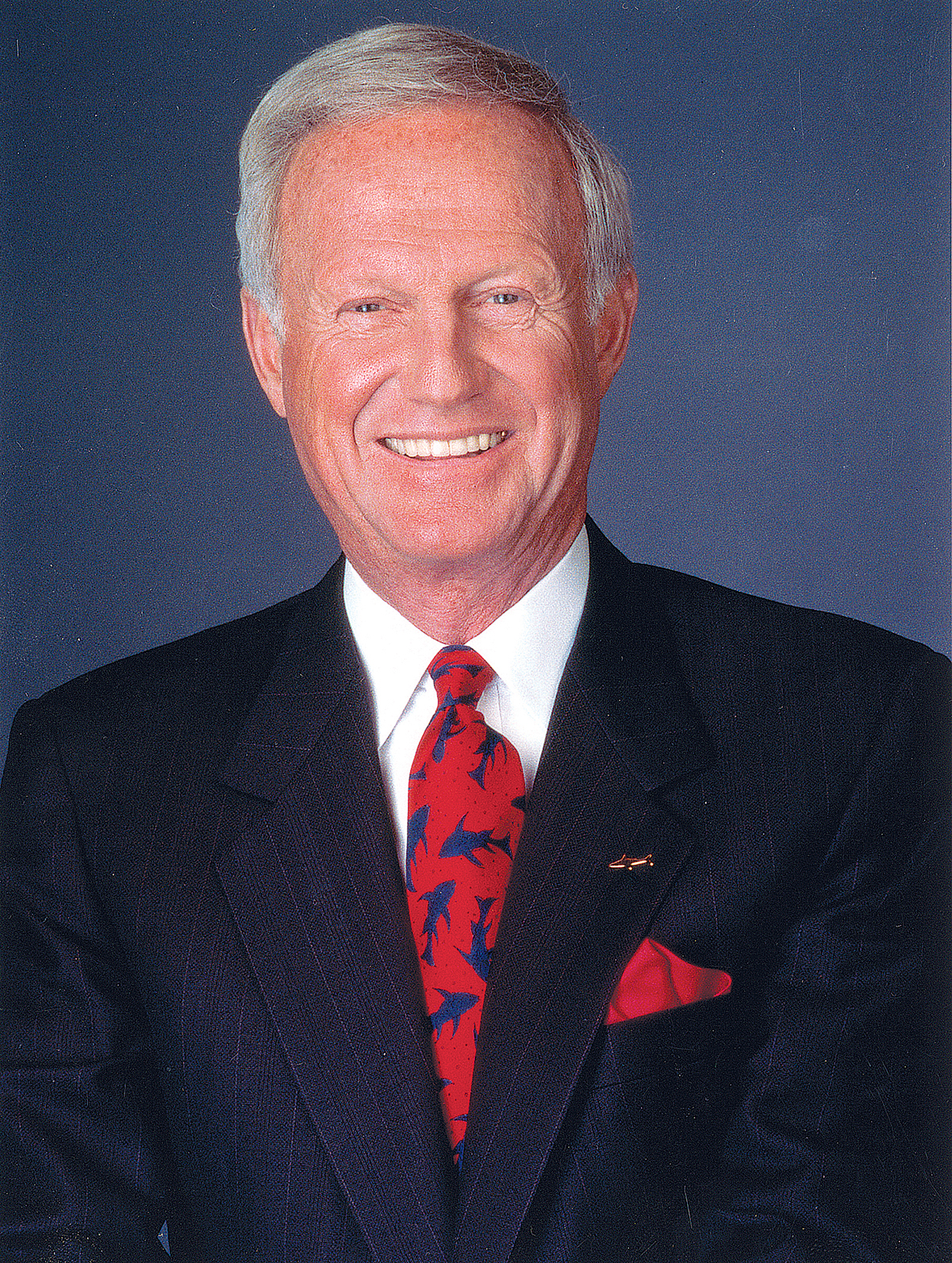On the first day his son joined the family firm, the founder took him on to the roof of the factory building and said, “I am going to give you your very first lesson in business. Stand on the edge of the roof.”
Reluctantly, the boy went to stand on the edge of the roof.
“Now,” said his father, “when I say jump, I want you to jump off the roof.”
“But, Dad,” said the boy, “that’s 10 feet down!”
“Do you want to succeed in business?”
“Yes, Dad.”
“And you trust me, don’t you?”
“Yes, Dad.”
“So do as I say and jump.”
The boy jumped. He crashed to the ground and lay there, winded and bruised.
His father ran up to him and said, “That was your first lesson in business, son. Never trust anyone.”
Trust is the most important word in business.
We would live in a sad world if we couldn’t trust anyone. But trust does take years to build, mere seconds to destroy and forever to repair. Trust is fragile. It’s easy to break, easy to lose and one of the most difficult things to ever get back.
David Horsager, who I consider THE trust expert, has written a follow-up book to his national bestseller “The Trust Edge.” The new book is called “Trusted Leader: 8 Pillars That Drive Results.”
The book follows CEO Ethan Parker as he discovers the root problem in his company and a way to solve it, even amid the complexities of leading in a quickly changing business and cultural environment.
The plot unfolds as a true-to-life story of a senior leader who thought success was certain. While his fast-growing organization had huge potential, Parker faces a series of unexpected challenges that awaken him to a deeper gap in his business.
The book elaborates on the eight pillars of trust that are key attributes of successful leaders: clarity, compassion, character, competency, commitment, connection, contribution and consistency.
Building on theses eight pillars, Horsager explains that “trust will always increase effectiveness and create results in your organization.” I can surely attest to that from my own experience.
When you ask for a sale from a customer, they will judge whether your proposal is fair and meets their needs, and if you can be trusted to deliver what you promised. Mess up on one of those points, and you can assume that customer will have a hard time trusting you again. And perhaps even more damaging, that customer could share their experience with others who had considered doing business with you.
Think about how you choose vendors. Have you given repeat business to someone who has broken your trust? Not likely – those transactions tend to be very expensive.
Management guru Peter Drucker said of trust: “In the ethics of interdependence there are only obligations, and all obligations are mutual obligations. Harmony and trust – that is, interdependence – require that each side be obligated to provide what the other side needs to achieve its goals and to fulfill itself.”
“Obligated” is a pretty serious word – and it’s one that needs to be taken quite seriously. When you couch it in those terms, trust assumes the huge responsibility that it is. Your word is everything, not just in business but life in general.
Stephen Covey, author of “The Seven Habits of Highly Successful People,” said: “Trust is the glue of life. It’s the most essential ingredient in effective communication.”
“Everything of value is built on trust,” Horsager writes.
Take it from all these experts: Trust is more than just a word. In fact, in my opinion, trust is the most important word in business.
Never make your customers or colleagues feel like the little fellow who jumped off the roof. His father was wrong – you CAN trust people in business. Establish your reputation as someone who can be trusted.
Mackay’s Moral: Trust is a must, or else you’ll go bust.
Harvey Mackay is the author of the New York Times bestseller “Swim With the Sharks Without Being Eaten Alive.” He can be reached through his website, www.harveymackay.com.












